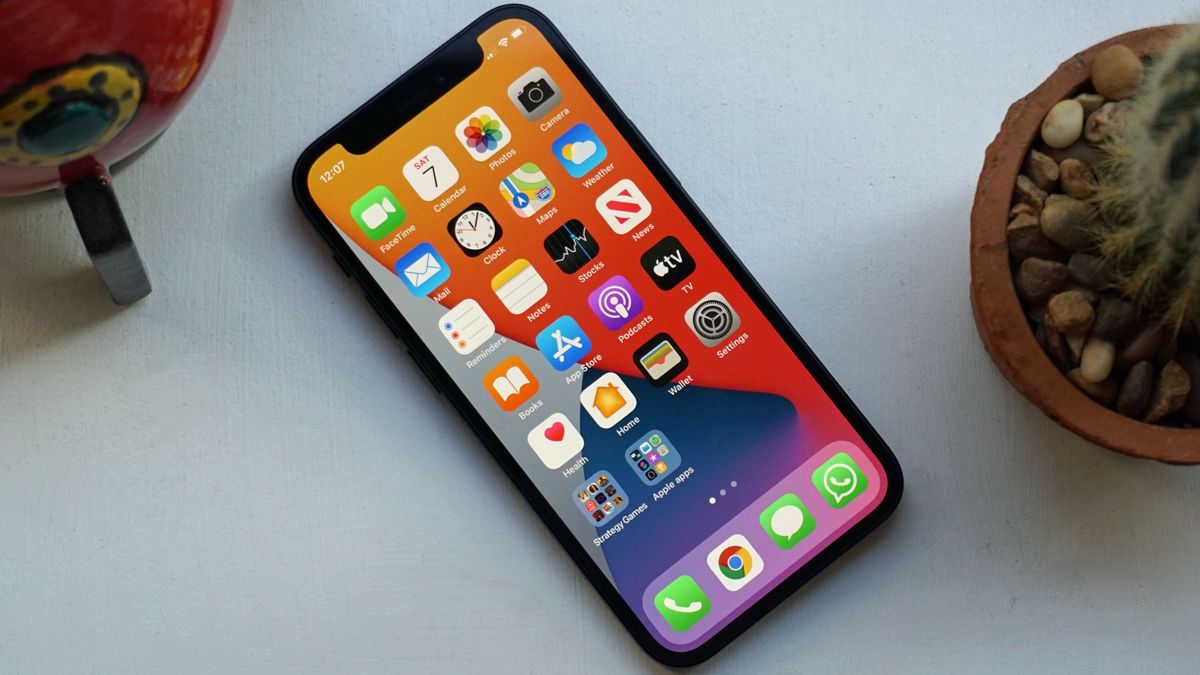Twitter is struggling with India’s tightening rules for online speech
Twitter announced on Tuesday that it has launched a lawsuit against the Indian government, the latest salvo in an ongoing fight over the country’s aggressive speech laws. The lawsuit comes after Twitter was ordered to remove a series of accounts and posts that violate Indian obscenity and defamation laws, as first reported by The New York Times. Twitter has now removed the posts, but is seeking judicial protection from such orders in the future.
The fight started last May when India issued new IT rules for online content, shortly followed by a police raid on Twitter’s India offices. The following July, Indian regulators threatened to hold Twitter liable for any future infractions by its users.
Broadly, Twitter has long argued that it complies with local laws concerning speech — but Indian laws concerning obscenity and seditious speech are unusually aggressive. In the past, the country has used speech laws to stifle environmental concerns or broader discussion of internal political strife. Prominent author Arundhati Roy, who faced sedition charges for statements about the conflict in Kashmir, described the system as both chaotic and repressive in a 2016 report on the issue. “The most frightening thing is that any mad coot can go and lodge a complaint against you,” Roy said at the time. “It’s a serious amount of harassment.”
Twitter’s legal fight is complicated by ongoing confusion about Elon Musk’s attempt to purchase the company and take it private. In June, Musk pledged to emphasize free speech values as Twitter’s owner, but also said he would obey local laws and hinted at staff cuts that would make it more difficult to effectively defend the company’s position in India. Despite having signed an agreement to acquire the company, Musk himself continues to shed doubt on whether the acquisition will go through, raising further doubts about the company’s future.


